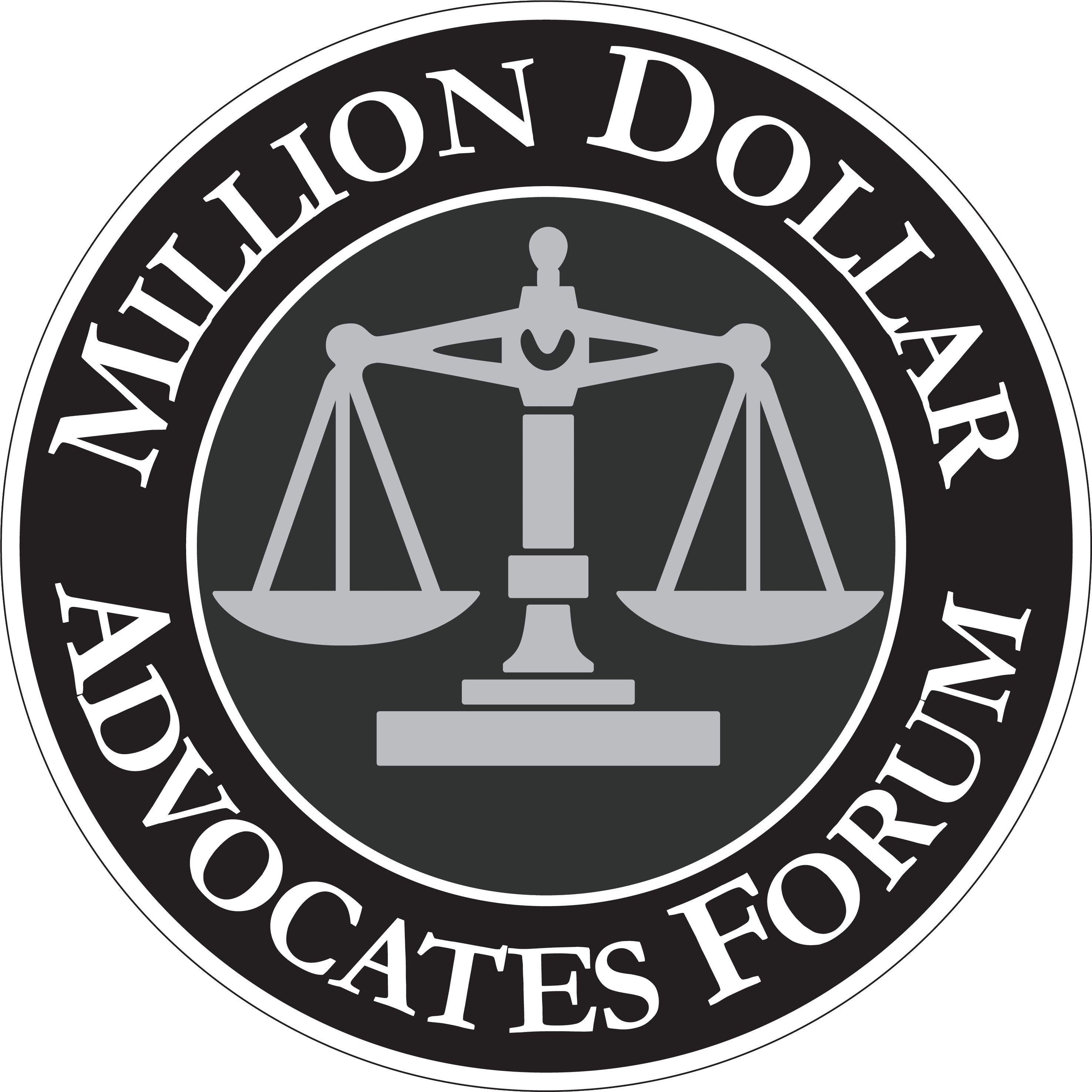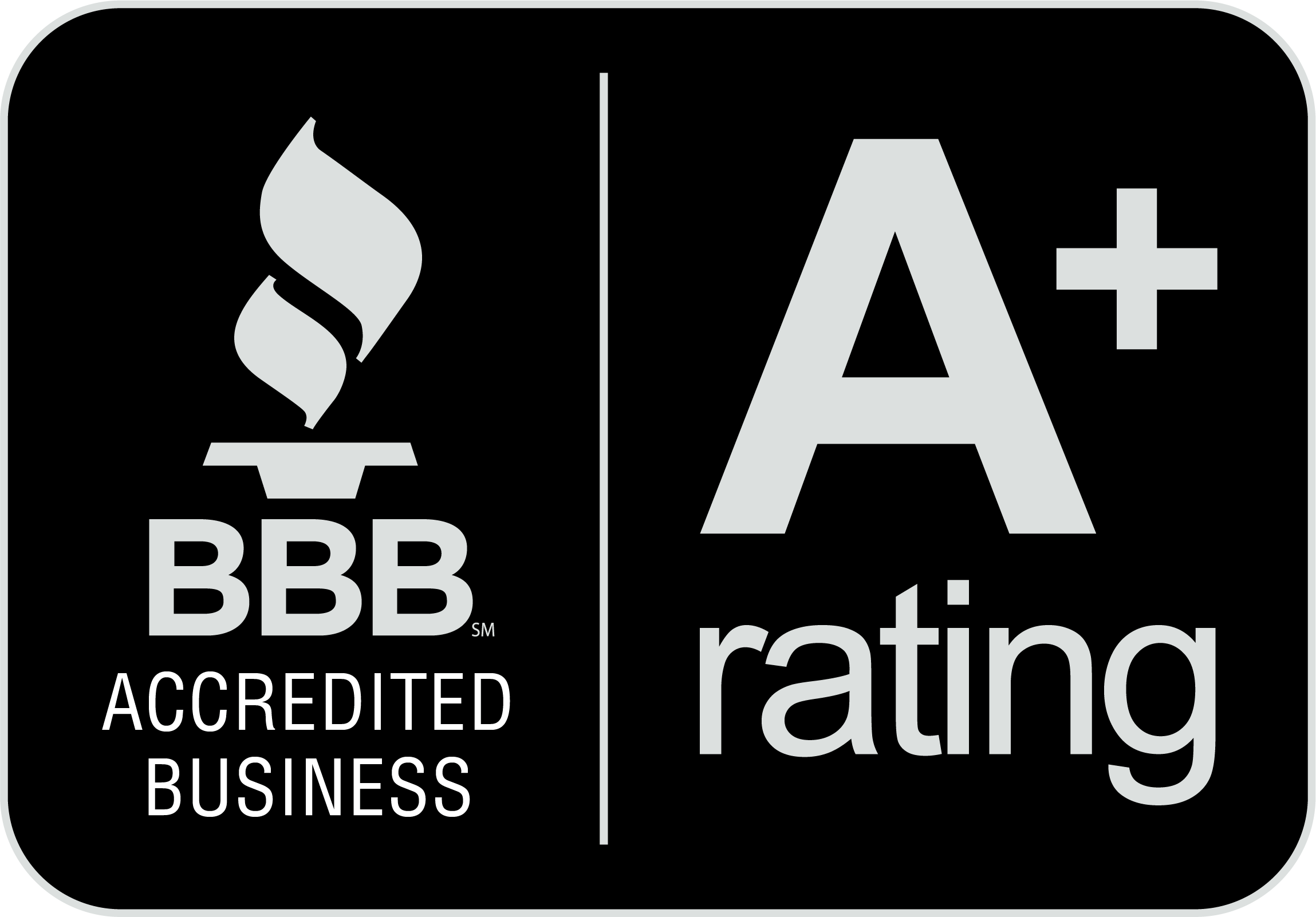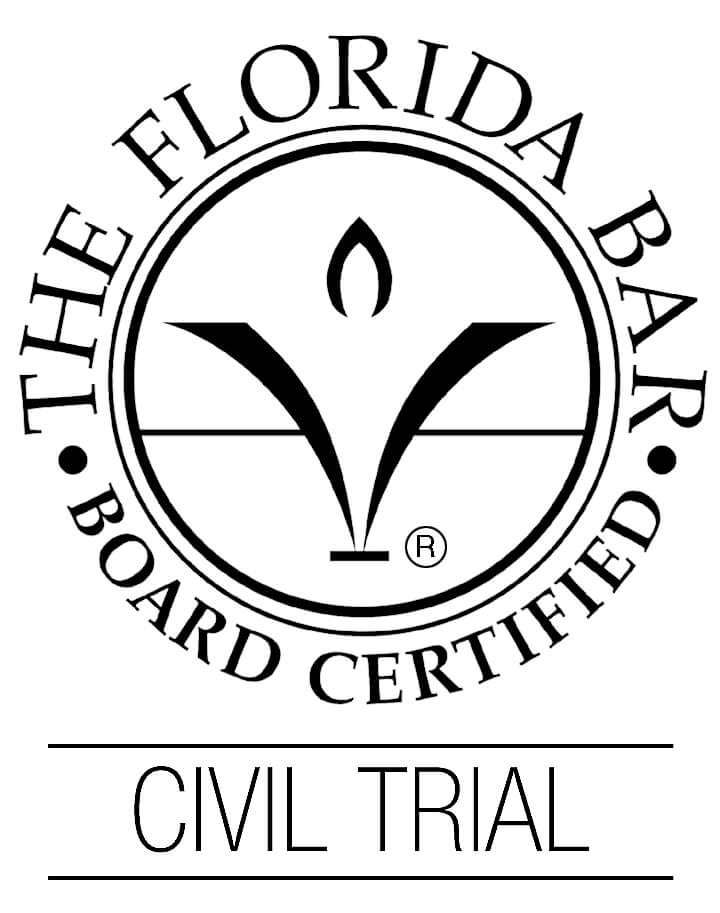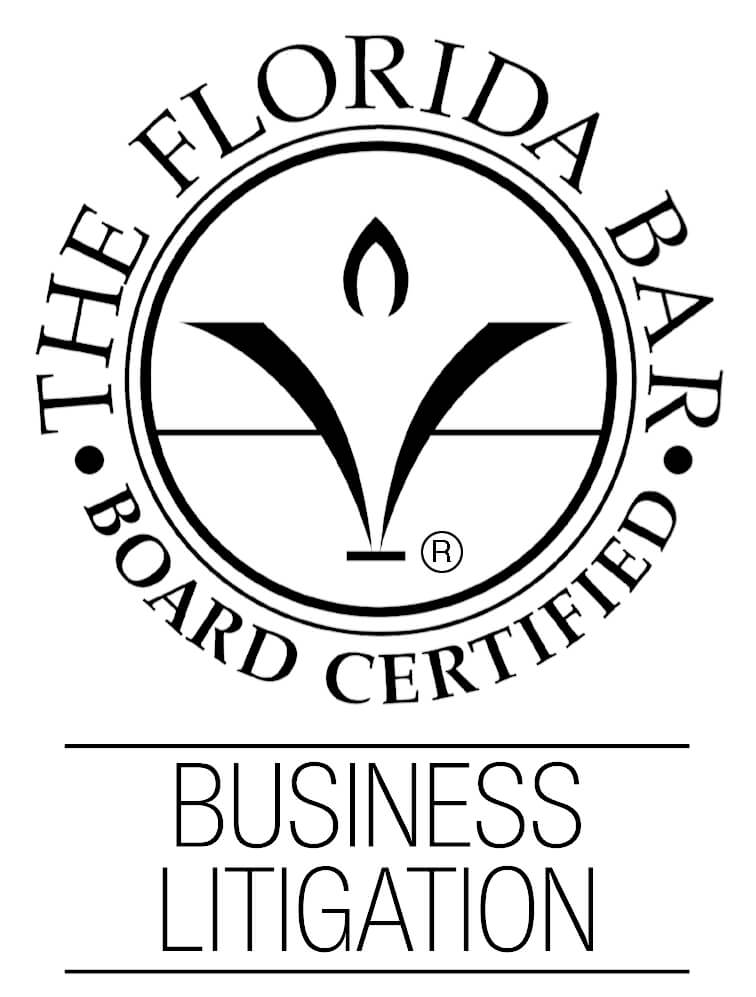Animal Attacks
An animal attack can happen in an instant. One moment you’re walking through your neighborhood, visiting a friend, or simply passing by. Next, you’re facing a painful injury, medical bills, and questions about how this could have happened.
In Florida, animal owners are held to a strict standard under state law. That means if their animal bites or attacks, the owner is generally responsible for the harm caused, no matter the animal’s history. But while the law seems straightforward, navigating the process of getting medical costs covered, lost wages repaid, or the emotional toll recognized can quickly become overwhelming.
At The Nation Law Firm, we know the shock and stress that follow an animal attack. Since 1997, we’ve helped our Florida neighbors rebuild after devastating injuries, and we’re here to guide you with both compassion and strength.
Get started today with a free case evaluation.
Overview of Florida Dog Bite Laws
Florida has some of the strongest dog bite laws in the country. Under statute § 767.04, dog owners are held liable if their dog bites or attacks someone, even on the first offense. That means the owner is responsible for the damages if the dog has never shown aggression before, and if the owner had no prior warning.
This law applies whether the attack happens in a public place, like a park or sidewalk, or on private property where the victim was lawfully present. Pet owners can sometimes raise defenses, such as claiming the person provoked their animal or was trespassing on their property. Still, responsibility falls on the owner to prove the validity of these exceptions, not the person with an injury.
Although Florida’s law favors the attack victim, the compensation process often does not. Insurance companies have historically complicated the process by favoring their bottom line over the people seeking help in a time of need. That’s why we’re here, and why we’ve advocated for thousands of Florida residents since 1997.
If you find your insurance company isn’t acting in your best interest, our team is right around the corner.
Common Injuries in Animal Attacks
Animal attacks can leave more than just a mark. They can cause painful injuries that require immediate care, and in some cases, long-term treatment.
Some of the most common injuries include:
- Puncture wounds and lacerations: Sharp bites or claws can tear skin and muscle, sometimes deep enough to require stitches or surgery.
- Infections: Even minor bites carry bacteria that can lead to serious complications if untreated.
- Fractures and crush injuries: Larger dogs may knock someone down or bite with enough force to break bones.
- Scarring and disfigurement: Visible scars can have both physical and emotional consequences, especially when injuries occur on the face or hands.
- Emotional trauma: Anxiety, nightmares, and lasting fear of animals are common after an attack, particularly for children.
These injuries are often just the beginning, with weeks away from work and medical bills following. Getting treatment early gives you a head start, and having the right attorney carries you the rest of the way.
5 Steps to Take After an Animal Attack
Although animal attacks are overwhelming, taking the right steps early, despite the adrenaline, puts you in the best possible position for your health and future claim.
Here’s what to do:
- Seek medical attention right away: Even a small puncture wound can carry a serious risk of infection or disease. Getting examined and treated immediately is the most important step you can take for your safety and future health.
- Document your injuries: Take photos of the wounds before and after treatment, keeping a journal of your symptoms, pain levels, and how the injury affects your daily life.
- Report the incident: Contact local animal control or law enforcement to create an official record of the attack. This documentation establishes a formal record if questions arise later about the dog’s history, the owner’s responsibility, or the events of the attack.
- Collect information: If possible, get the dog owner’s name, address, and insurance details, along with contact information from any witnesses.
- Save medical and expense records: Hold on to all receipts, treatment notes, and other costs related to the attack, from medications to missed work days. These documents make recovering future compensation more straightforward.
Taking these steps may not undo what happened, but it gives you a strong foundation for recovery. And if the process feels daunting, know that we’re right around the corner.
Liability Beyond Dog Owners
Most people assume that only the dog’s owner can be held responsible for an attack. In many cases, that’s true, but not always. Sometimes other parties play a role in creating or allowing the danger, and they may also share responsibility for your injuries.
Here are some examples:
- Landlords or property owners: If they knew about a dangerous dog on their property and failed to take action, they may be held liable.
- Caretakers or dog sitters: If the dog was under someone else’s control at the time of the attack, that person may be responsible for what happened.
- Business owners: If the attack occurred on commercial property where safety should have been maintained, the business may also be accountable.
Every case comes down to the details. Who controlled the dog at the time? Who knew about its history of aggression? Was the property safe for visitors? Answering these questions is part of building a strong case and making sure all liable parties share responsibility for your harm.
Compensation Available in Animal Attack Cases
Recovering from an animal attack means more than just your physical healing. Medical bills, time away from work, and the emotional toll can leave families under real pressure, but remember that you have options in front of you.
Florida law allows victims to seek compensation to help ease that burden, which may include:
- Medical expenses: From the first ER visit to follow-up care, surgeries, or therapy, these costs should be fully covered.
- Lost income: If your injuries kept you from working, or if you can’t return to the same job, you may be entitled to wage replacement.
- Pain and suffering: Beyond physical injuries, attacks often leave lasting emotional scars, including anxiety or fear around animals.
- Scarring or disfigurement: Visible injuries can affect confidence and quality of life, and compensation can reflect that impact.
- Future care needs: Severe cases may require ongoing treatment, rehabilitation, or counseling.
Your compensation should address the full impact of your attack, so you have the resources to recover and move forward. If not, The Nation Law Firm can guide your next steps.
Defenses Used by Dog Owners
Dog owners won’t always accept responsibility. They may argue against their liability in the attack, which isn’t what you want to hear while dealing with a painful, potentially life-changing injury.
Some common defenses across Florida cases include:
- Provocation: Owners may claim the attack’s victim provoked the dog by teasing, hitting, or otherwise, causing the animal to react.
- Trespassing: If the person bitten was unlawfully on private property, the owner may argue that the statute doesn’t apply.
- Comparative negligence: Sometimes owners argue the victim shares part of the blame, such as ignoring warnings or approaching the animal recklessly.
These defenses exist, but they’re only enforced when proper evidence supports them. What matters is that responsibility under Florida law starts with the owner, and the burden is theirs to prove an exception.
Protecting Children from Dog Bites
A wagging tail can look friendly, and a bark might feel like a game. But, behind the scenes, the dog is frightened and ready to lurch. Children don’t understand this yet, making animal attacks a major worry for parents everywhere.
Here are a few rules parents can teach to reduce risks and help children understand safe behavior around dogs:
- Ask before petting: Teach children always to ask the owner’s permission to pet a dog first, even if it seems calm.
- Avoid unknown dogs: Encourage kids not to approach unfamiliar dogs, especially if the dog’s left unattended.
- Respect boundaries: Remind children that animals have feelings, too. Never pull tails, ears, or climb on a dog, even family pets.
- Stay calm: If an aggressive or overstimulated dog approaches, teach children to remain calm rather than running or yelling.
Even with every precaution, accidents can still happen. If your child is bitten or scratched, remember that prompt medical treatment is the best step for their safety. From there, it’s important to explore your legal options for further protection.
Rabies and Infection Risks
A bite from any animal opens up the risk of infection. Dog bites and scratches can introduce bacteria deep into the skin, and without prompt treatment, those infections can spread quickly.
Rabies is also a concern, usually in attacks by unkept or wild animals. Either way, prompt medical treatment is recommended for a more detailed look into any bite or scratch. You may need antibiotics, a tetanus shot, or rabies treatment, depending on the circumstances.
Every bite is different, and there’s no better way to find out what you’re dealing with than speaking with someone specializing in the bite you’re dealing with.
Legal Challenges in Animal Attack Cases
The law sides with attack victims, but enforcing those rights isn’t always as easy as you might assume. Proving responsibility, identifying the right parties, and dealing with uncooperative owners or witnesses can all complicate the process.
Some of the most common challenges victims face include:
- Identifying the owner: In some cases, the dog’s owner may deny responsibility or claim the animal doesn’t belong to them.
- Proving liability: Owners may argue provocation, trespassing, or other defenses to shift blame.
- Lack of witnesses: Without cameras or bystanders willing to confirm what happened, disputes often become one person’s word against another’s.
- Insurance company resistance: Insurers may try to minimize payouts or delay claims, even when liability is clear.
These hurdles are frustrating when you find yourself facing one, but know they’re not impossible to overcome. The Nation Law Firm can help you preserve evidence, address defenses, and make sure the process doesn’t stall out before justice is served.
How Attorneys Help in Animal Attack Claims
Recovering from an animal attack is hard enough in itself. When you’re also managing insurance paperwork, defenses from the dog’s owner, or unanswered questions about who’s responsible, it can feel like you’re facing a no-win scenario.
It’s natural to think that way when the odds are stacked against you, but know it’s not true. The right attorney can make a real difference, using their expertise to overcome obstacles and advocate for the fullest extent of what you’re entitled to. They’ll step into the middle of the process by gathering the facts, making sense of conflicting stories, and pushing back when insurers or owners try to avoid responsibility.
For many Florida residents, the right attorney comes from The Nation Law Firm, a local firm with the resources to never settle for less. Since 1997, we’ve helped our neighbors get back their lives after animal attacks through powerful legal support, and we’re ready to support you, too.
Get started today with our free case evaluation.
Frequently Asked Questions
What steps should I take immediately after being bitten by a dog?
Seek medical care immediately, even for minor bites, because infections can develop rapidly. After, report the incident to animal control or law enforcement and document your injuries with photos and notes.
What compensation can I receive if I’m injured in an animal attack?
Compensation may include medical expenses, lost income, pain and suffering, and, in some cases, damages for scarring, disfigurement, or ongoing emotional trauma.
Are dog owners in Florida always liable for injuries caused by their pets?
Florida follows a strict liability rule, which means that dog owners are generally responsible, even if their pet has never shown aggression before. Exceptions may apply if the victim was trespassing or unnecessarily provoked the animal..
Can I file a claim if I was attacked by a dog while trespassing?
Florida’s dog bite statute does not protect people who are unlawfully on private property at the time of the attack.
What should I do if the dog’s owner denies responsibility for the attack?
Document everything, including medical records, photos of your injuries, and witness statements. The Nation Law Firm can help investigate ownership and challenge defenses.
How long do I have to file a claim for a dog bite injury in Florida?
In most cases, you have two years from the date of the bite to file a personal injury claim. It’s best to act quickly, though, so evidence and records aren’t lost.
What if the animal that attacked me does not belong to anyone?
You may still have options, depending on where the attack happened. Property owners or caretakers who allow a dangerous animal to remain on the premises could be held liable.
Every case is different, so it’s best to speak with an attorney for more information on your specific circumstances.
How can I prove that the dog owner was negligent or responsible for my injuries?
Photos, medical records, witness accounts, and official reports all support your case. Florida law starts with the owner being liable, so their defenses must be proven, not your injuries denied.
Does homeowner’s insurance cover dog bite claims in Florida?
Often, yes. Many homeowner’s insurance policies include coverage for dog bite claims, though some may exclude certain breeds or have liability limits.
What are the most common breeds involved in animal attack cases, and does breed matter legally?
Any breed can cause serious harm, but larger or stronger breeds are more often reported in severe attacks. Breed generally doesn’t determine liability because Florida’s strict liability law applies regardless of the type of dog.






.svg)
